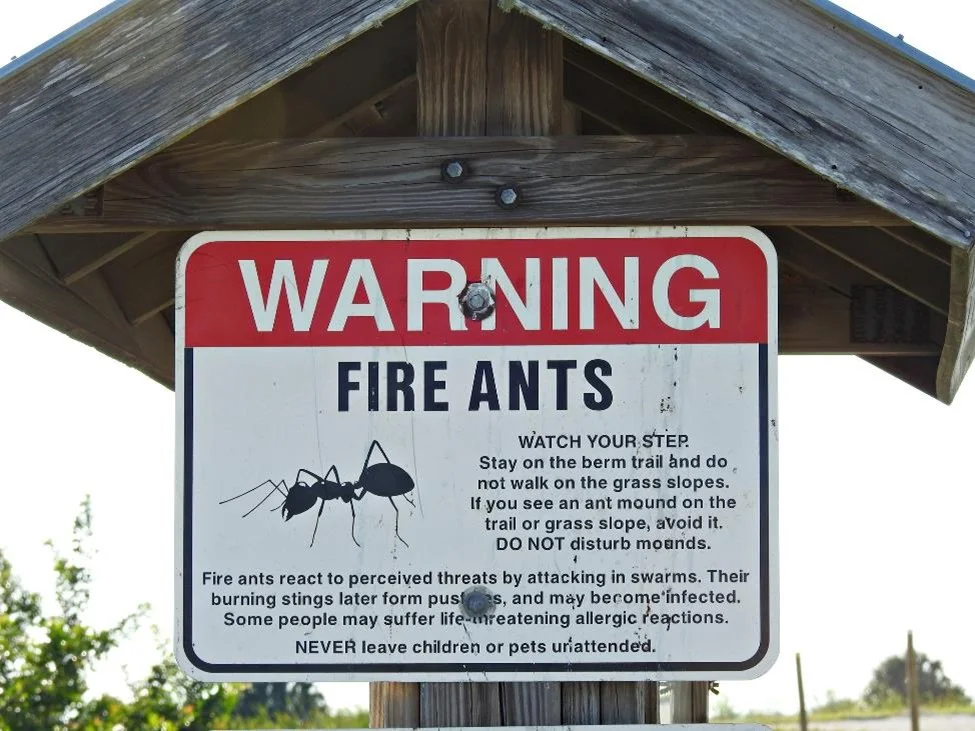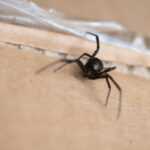How to Treat a Fire Ant Bite
Fire ants are no joke, especially if you’re allergic.
What’s one thing worse than a regular ant? A fire ant, of course!
These red, gold, or brownish ants are more than just a nuisance. Their omnivorous feeding habits also make them harmful to humans.
Though the venom from their stings rarely causes a life-threatening injury, they can still produce a rather painful and itchy result.
Do Fire Ants Bite or Sting?
Yes—technically they do both; though the stinger delivers the venom, the sting and the bite occur at the same time, and thus the terms are often used interchangeably. As a creature that makes its home close to the ground in colonies or nests, a fire ant usually bites when someone accidentally steps on its habitation. Upon contact with a fire ant nest, ants will swarm, usually around your feet and legs, and will bite exposed skin.
This results in painful bites as the ant latches its mandibles into the skin, then injects a stinger full of venom, sometimes delivering multiple stings at a time.
What Does a Fire Ant Bite Feel Like?
Once fire ants are killed or removed from your body, you’ll begin to experience the different stages of a fire ant bite.
First, a stinging or burning sensation will occur where your exposed skin made contact with the ants. Itchy bumps will develop within an hour and especially itchy blisters will develop just a few hours later. These blisters will fill with a puss-like fluid then slowly disappear after around 10 days.
Possible symptoms experienced may include swelling, nausea, or trouble breathing. In extreme cases, a person can experience anaphylaxis.
How to Treat a Fire Ant Bite
What should you do if you’ve been attacked by fire ants? Well, as soon as possible, wash the area with cold water and gentle soap. Then, apply a cold compress to alleviate swelling and pain. Alternate a cold compress or ice pack on and off the skin every 15 minutes. Avoid using heat on the impacted area.
An anti-itching cream such as hydrocortisone may reduce pain and an antihistamine may reduce swelling or other symptoms. However, if your symptoms become worse than mild swelling, itchiness, or pain, contact your doctor as you may be having a more serious allergic reaction.
Call 911 if you believe you may be having an extreme allergic reaction to a fire ant bite.
Should You Pop a Fire Ant Bite?
Once you’ve initially managed the pain and swelling that may come as a result of a fire ant bite, monitor the bites for the next ten days or so. As the bites turn to blisters, DO NOT pop them. A popped blister could lead to infection or scarring.
Like some other allergic reactions, experiencing a fire ant bite for a second time has a 60% chance of being worse than the first time.
Fire Ant Control Near You
To avoid being bitten for the first time, or to avoid being bitten again, contact the experts at Responsible Pest & Scorpion Control.
We provide pest removal services to cities in Arizona with expertise and safe practices. If you’ve recently been bitten by a fire ant on your property, or think you may have an infestation, contact us today to get a quote!



